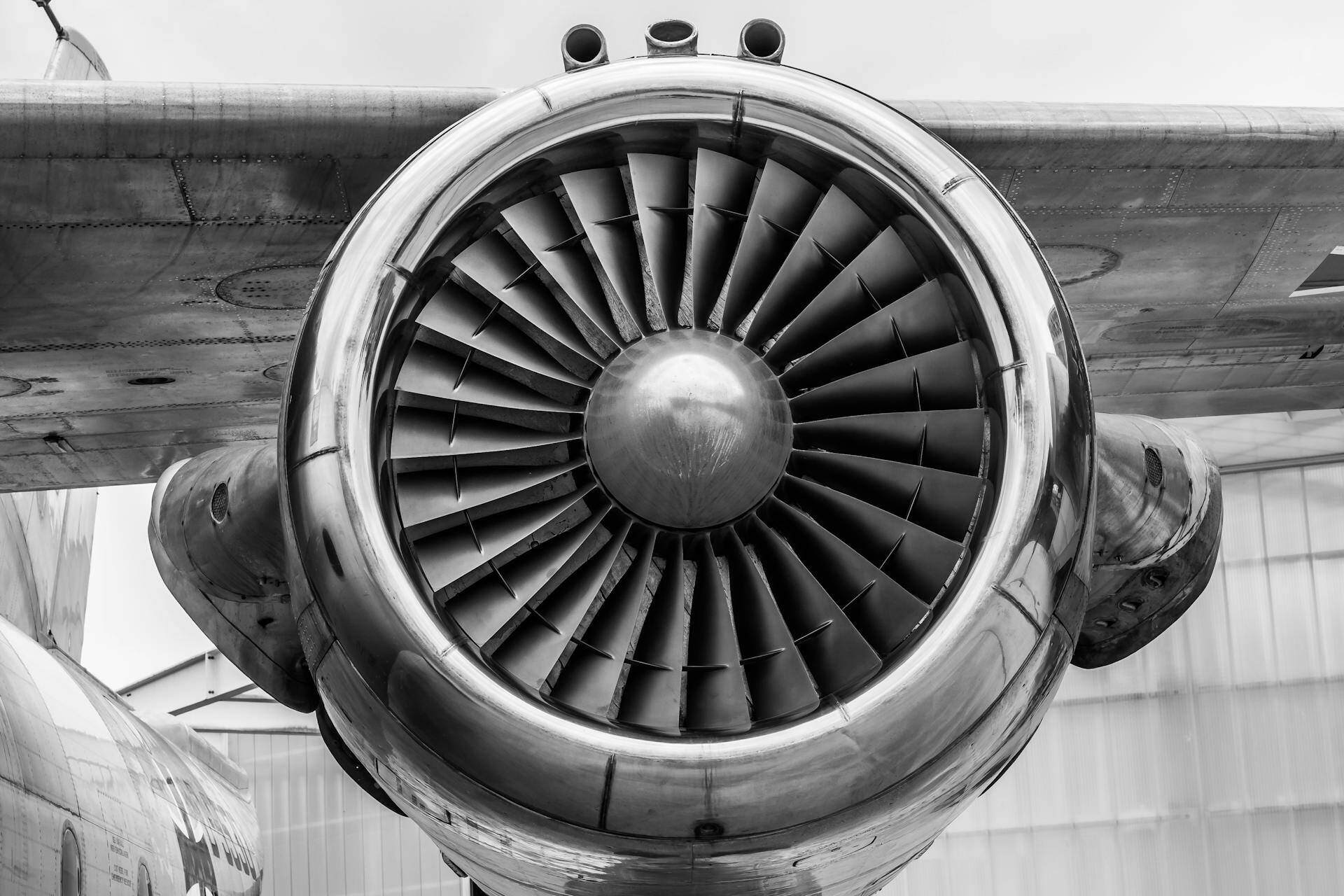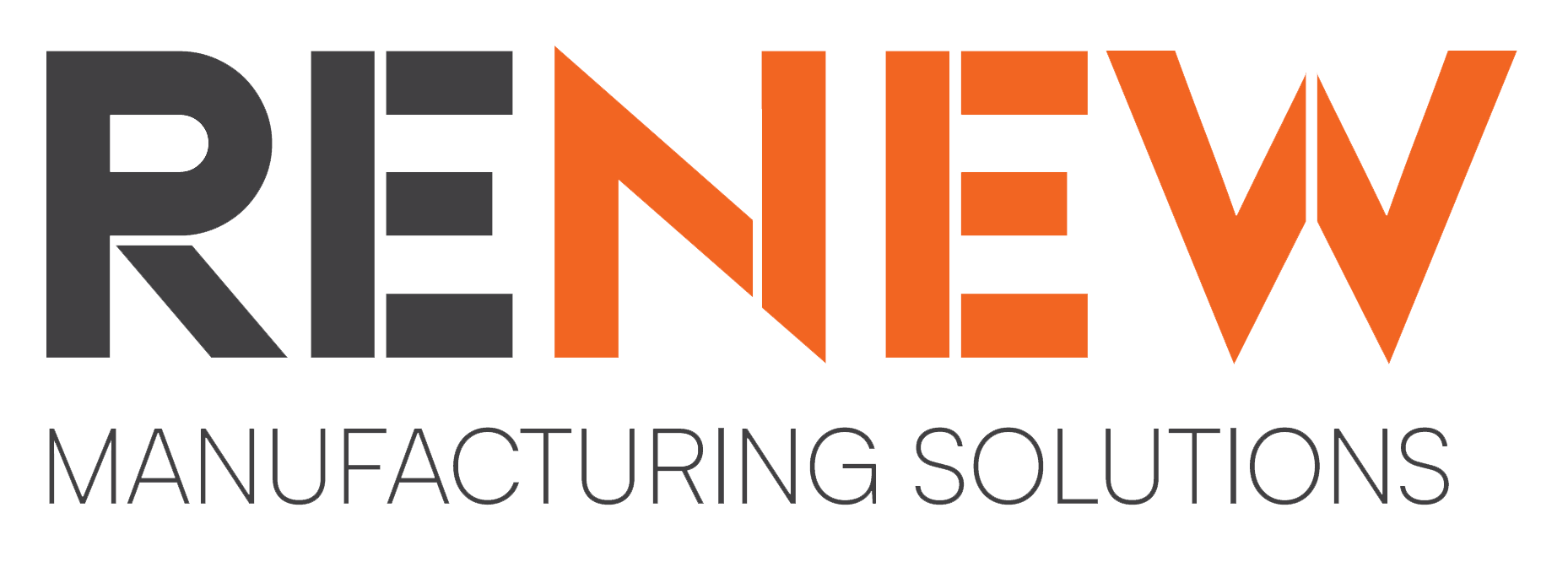Key Capabilities for an Aerospace Machine Shop

Every aerospace machining job has its unique technical challenges. Success depends on combining the right equipment, applications, and creativity of experienced engineers and machinists. Whether working with print, technical drawings, or sketches and instruction, you need aerospace CNC experts who know what to do and how to do it to meet the most demanding specifications.
Finding a High-Quality Aerospace Machine Shop: Key Capabilities
Not all aerospace machining companies offer equal capabilities. From 5-axis machining to deep experience in the design process, you want to partner with a team that can solve the most challenging projects. The right aerospace machine shops should have a demonstrated track record of industry expertise and deploy modern CNC machining equipment that can hold tolerances to +/- .001 microns (mm). You’ll want to look for shops that utilize advanced metrology to measure and verify the accuracy and precision of every job.
You will also want to make sure that the aerospace machine shop you are considering has top industrial CNC equipment and applications specifically for aerospace machine parts.
However, appropriate machinery and previous work in aerospace are just the starting point. There are several other key capabilities that aerospace machine shops must have:
Expert Design and Engineering Support
Besides aerospace precision machining, top-quality aerospace machining companies also need engineering expertise to assist with design. Collaboration between engineers and machinists optimizes the manufacturing process and can streamline projects for better outcomes.
Ability to Work With All Specialized Aerospace Metals
Machine shops must have the capability to work with different types of aerospace metals depending on the use case. Primarily, this includes aluminum, stainless steel, and titanium which have some of the best weight ratios and corrosion resistance:
- High-stress alloys for aerospace parts have excellent resistance in extremely stressful environments, including pressure vessels, turbine engines, and other airframe or engine structures.
- Carbon fiber can be seen in elements that demand extreme strength and rigidity, such as the fuselage. This material is a cost-effective way to maintain lightweight, strong, and durable materials in an aircraft.
- Aluminum alloys make up about 20% of aircraft parts. This material is relatively inexpensive and lightweight while offering great machinability.
- Stainless steel parts are heavier, but provide greater strength and maintain that strength amid wide temperature fluctuations. Stainless is more expensive to machine but less prone to wear and tear for a longer lifespan.
- Titanium is a premium metal with the best strength-to-weight ratio and it’s best suited for extreme temperature changes for maximum durability in aerospace machined parts.
Composite materials, metal-matrix nanocomposites, graphene, and a wide variety of metal alloys are also being used in aerospace applications. For example, tungsten alloys are used in machinery components to ensure balance and minimize vibrations.
Reliable Turnaround Times
While you must have precision, you must also be able to depend on aerospace machine shops to get you the parts you need with reliable turnaround times to meet your deadlines.
Aerospace projects are complex and phased. They often have complex supply chains and strict delivery schedules. This requires rigid supply chain management, inventory management, and efficient logistical support. If you can’t depend on your aerospace machine shop to deliver the parts you need at the right time, it can significantly delay your project, creating cascading problems down the line.
Accreditations and Documented Quality Control
The quality and consistency of aerospace components require a robust, standardized quality control (QC) program. Aerospace machine shops should be ISO 9100:2018 and EN/AS 9100 accredited, certifying that systems, processes, and documentation meet quality standards to ensure the reliability and safety of components. This includes:
- Establishing, documenting, implementing, and maintaining a QC system
- Providing the necessary resources and environment to meet these standards
- Planning and implementing measurement, monitoring, analysis, and improvement programs
- Proactive identification of risks
- Monitoring of supply chains to prevent the use of defective materials or counterfeit parts.
If you are looking for a CNC machine shop for aerospace, you may find our free guide helpful: 7 Steps to Finding the Best CNC Machine Shop Near Me.
Get Complete Aerospace CNC Machining
If you need CNC machining aerospace parts, ReNEW Manufacturing Solutions has experience producing high-quality prototypes and production components that meet the most demanding aerospace tooling needs.
Searching for “aerospace machine shops near me?” Get started now by contacting ReNEW Manufacturing Solutions for precision machining of high-quality parts built to exacting specifications at a fair price.
